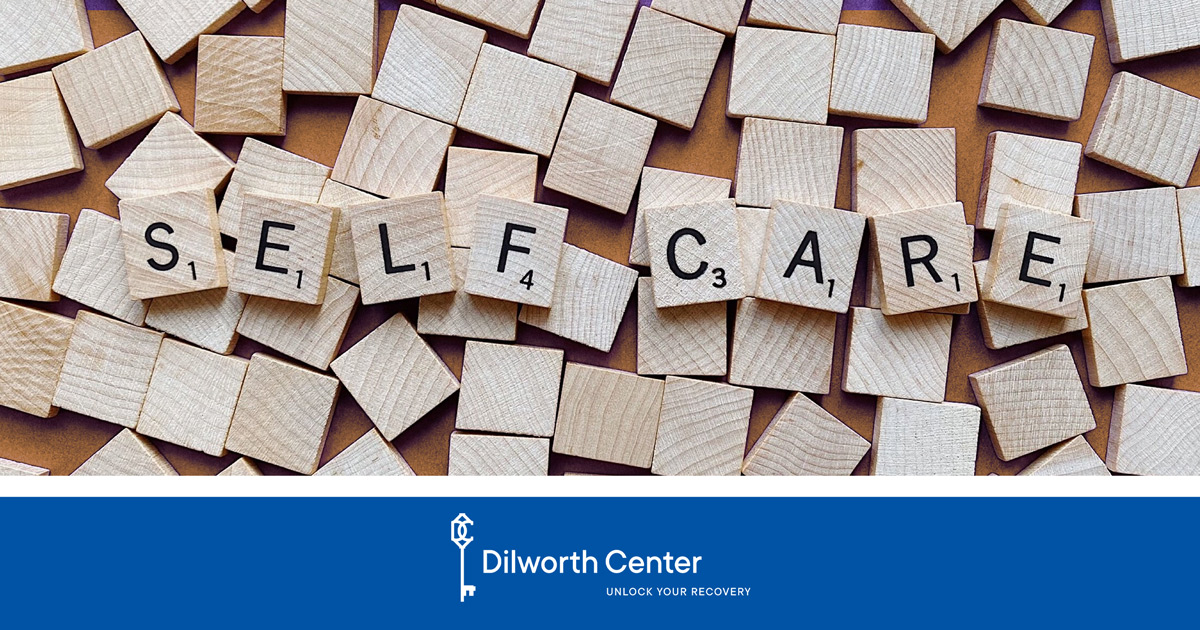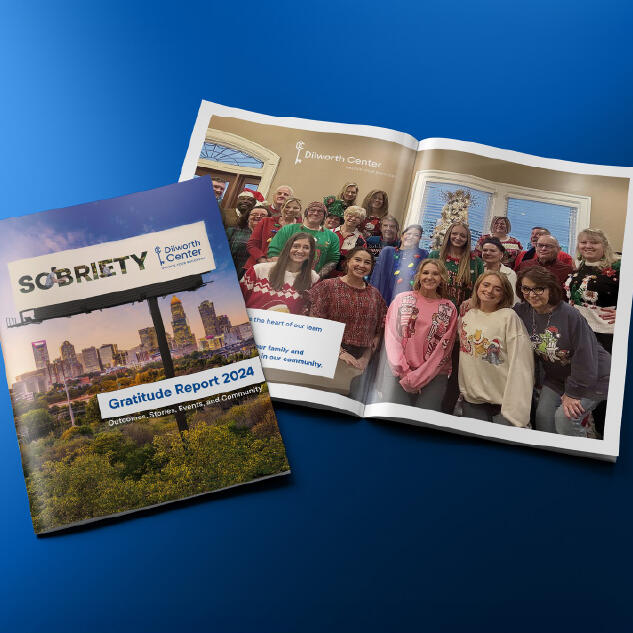Self Care
During Stressful Times

For many of us, 2020 was a whirlwind of adjusting to a new normal. Whether you acquired a new title of “homeschool teacher,” transitioned your job to a virtual platform, or learned how to prioritize your recovery without being able to meet in person, we were all in a period of relearning. The new year brings with it a cautious optimism for a return to normalcy, in the meantime it’s important to remember some of these self-care tips (derived from our HALT lecture).
1. Stay in touch with your feelings
Whether you process feelings through talking to others, praying, journaling, meditating, or any other coping tools, take time each day and acknowledge your feelings. If you are finding yourself easy to anger, remember that anger is a secondary emotion and it often covers up more vulnerable emotions including fear, guilt, or shame. COVID-19 and the accompanying changes have generated significant fear in our society, and it is important to acknowledge and accept that underlying fear, so that we can also heal the anger.
2. Maintain a routine
Whether this routine looks identical to your typical routine, or whether it is slightly altered, wake up and go to bed at a reasonable time and maintain to-do lists in order to keep your days somewhat structured. If you find yourself with extra time, attend more AA meetings or call more peers in the program.
3. Remain intentional with diet and exercise
This doesn’t mean that you can’t brush up on your baking skills if you have some extra free time! But also, challenge yourself to get out and walk at least once a day, incorporate three meal times into your daily routine, and stay hydrated.
4. Focus on gratitude
During this time, it can be easy to dwell on the fears, the “what ifs,” and the frustrations. Completing a daily gratitude list or meditation can be a helpful way of reframing your perspective on the day.
5. Stay connected
We are all susceptible to feeling isolated and lonely during this time. Therefore, it is important for us to take action in order to counteract these relapse traps. The COVID-19 pandemic gives us the opportunity to connect in a new way. Challenge yourself to make more phone calls daily to peers in the program – check in on your friends and family and ask how they are doing. Schedule zoom calls with your sponsorship family. And, of course, participate in virtual 12-step meetings regularly.
Kelly Little
Clinical Supervisor
MSW, LCAS, CCS









